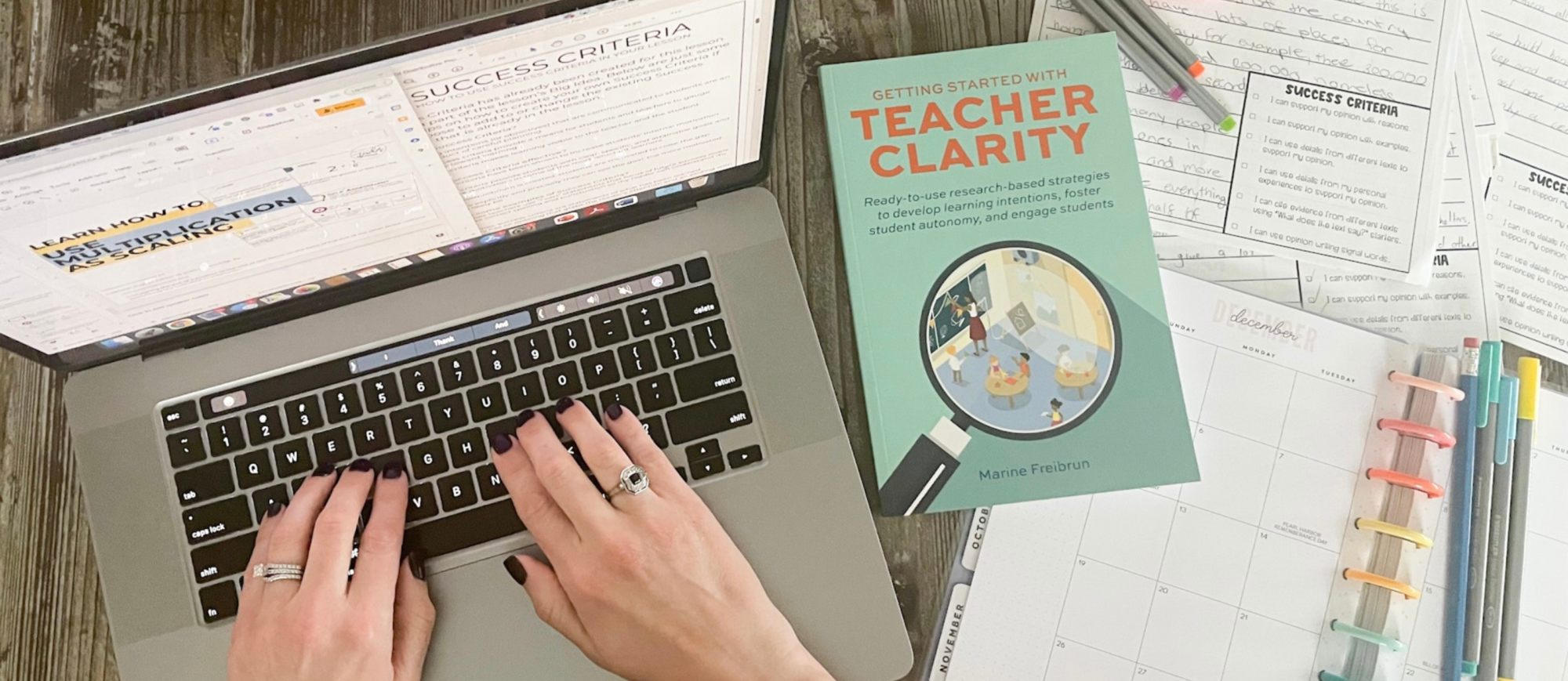Congratulations on getting your first teaching position! You’re probably sorting through so many emotions and feeling very anxious and excited about starting off your new career, and that’s totally normal!
All veteran teachers look back at their first year and think about the things they’d do differently and what advice to offer those just going into the profession.
With teaching experience in two different states and various schools and districts, I wanted to share my top 10 pieces of advice with you.
1. Start teaching on the first day.
Make the first day exciting and make it so your students can’t wait to come back to school the next day. Do this by getting your students engaged in some fun lessons on the first day. They’ll get to practice the procedures you have just introduced, and they’ll be able to learn their new grade-level standards.
2. Ask for help.
It can be intimidating to ask for help as a new teacher, but don’t be afraid. There are so many people who are there for you.
Ask your grade level team, your administrator, or your mentor. Whether you’re asking about where to find construction paper and glue, or how to use technology more efficiently, someone will get an answer for you!
3. Over plan for the first week.
Be prepared for your entire first week of school. Plan for every minute, and if you don’t get to all of your plans, that’s okay! It’s always better to be prepared than to not have enough to do with your students. Get your copies made, get your technology in order, and have your materials ready to go!
4. Watch other good teachers teach.
Some districts give you the opportunity to be a part of a mentorship program. In these programs, you can request to observe other teachers. Doing this can help you so much. You can gather ideas, make connections, and validate your own teaching ideas.
5. Create a positive classroom culture.
Classroom and behavior management is key and you set the tone of your classroom. Make sure your students know your expectations, procedures, and behavior system, but also make sure you treat your students with kindness. Most importantly, greet your students at the door with a smile each day.
6. Make connections.
Make sure to connect with your grade level or with a group of teachers at your school. You can also make connections with teachers from different schools who are in the same grade level. It’s important to have connections so you can collaborate on ideas, share inspirations, talk about the great days, and vent about the tough days.
7. Keep a growth mindset.
As a new teacher (and veteran teacher), it’s important to embrace failures. Your lessons won’t always go as planned, your observations may not go as you had envisioned, and some days may just tire you out! Don’t give up! Keeping a growth mindset will help you stay focused, and see the glass half full.
8. Be an advocate for your students.
You know your students best, so put them first when you’re planning your instruction. Think about what support they need academically and emotionally. It’s okay if you don’t follow the pacing guide day by day if your students aren’t ready for it. It’s your job to know what your students need next.
9. Keep an inspiration file.
There will be long days, tough days, sad days, and rough days. But there will also be a lot of happy days! Create an inspiration file by filing away nice notes from your students, cards from your students’ families, or notes from your administrators.
Look back on these notes when you’re having a rough day and it will help you remember your why for becoming a teacher.
